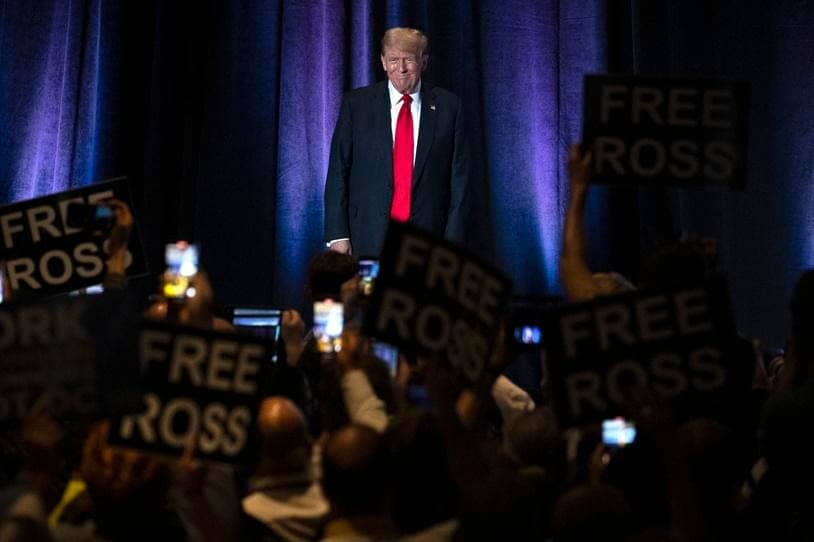The surprise full pardon comes after Senator Rand Paul highlighted sentencing disparities and amid longstanding support from the cryptocurrency community In a dramatic turnaround just one day after his inauguration, President Donald Trump announced a full and unconditional pardon for Ross Ulbricht, the founder of the early Bitcoin marketplace Silk Road who had been serving two life sentences plus 40 years.Presidential Action Follows Senate Appeal
The pardon came hours after Senator Rand Paul sent a compelling letter to the White House, highlighting stark sentencing disparities in the case. Paul noted that while Ulbricht received two life sentences, major drug sellers on the platform received significantly lighter sentences—some as short as five or six years. The Senator also emphasized Ulbricht’s status as a first-time, nonviolent offender and his exemplary conduct in prison, where he has taught math, science, and yoga classes.
Trump Cites Government Overreach
Trump announced the pardon through his social media account, revealing he had personally called Ulbricht’s mother to deliver the news. In his statement, Trump criticized what he called “the scum that worked to convict him,” drawing parallels between Ulbricht’s prosecution and his own legal challenges, describing them as part of “the modern day weaponization of government.”
Libertarian Political Prisoner
The pardon brings renewed attention to the controversial aspects of Ulbricht’s case. Several federal agents involved in the Silk Road investigation were later convicted of corruption, including two who were arrested for stealing hundreds of thousands of dollars worth of Bitcoin during the investigation. Senator Paul’s letter also noted that federal prosecutors’ allegations of murder-for-hire were ultimately dismissed with prejudice by a U.S. District Court in 2018. Libertarian National Committee Chair Angela McArdle said “Ross Ulbricht has been a libertarian political prisoner for more than a decade”.
A Victory for Crypto Advocates
The case has been particularly significant for the cryptocurrency community, as Silk Road represented one of Bitcoin’s first major use cases, though it ultimately became notorious for illegal transactions. The investigation itself highlighted early challenges in cryptocurrency law enforcement, with the corruption of investigating agents raising questions about the government’s handling of digital assets. Trump’s pardon goes beyond his original campaign promise of a commutation, which would have merely ended Ulbricht’s incarceration. The full pardon instead completely clears his record of the federal convictions related to Silk Road. As Ulbricht prepares for release, the cryptocurrency community has largely celebrated the move as a correction of what many viewed as disproportionate punishment during the early days of Bitcoin adoption. The case has long been viewed as a cautionary tale about government overreach in the digital asset space, with the severit

